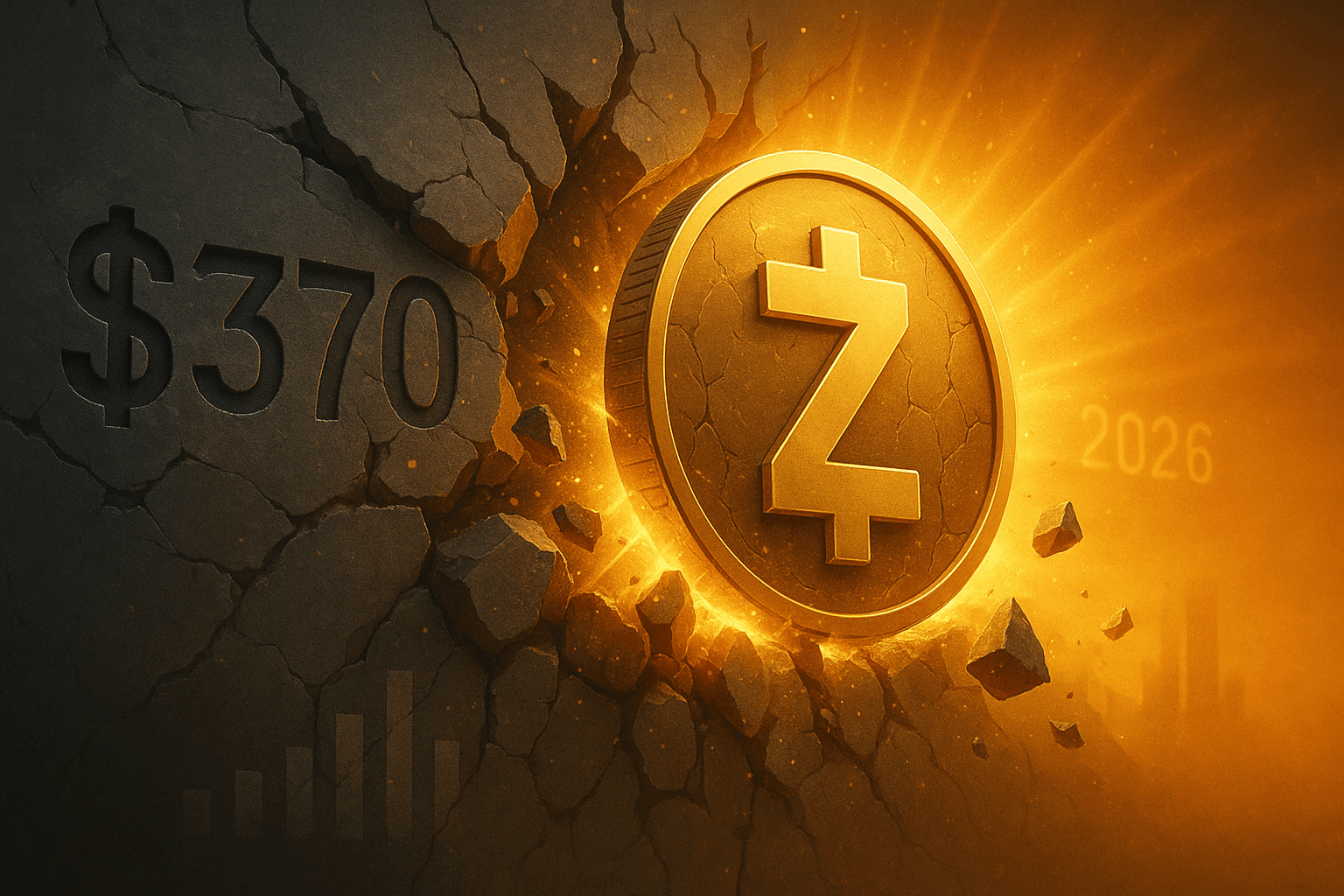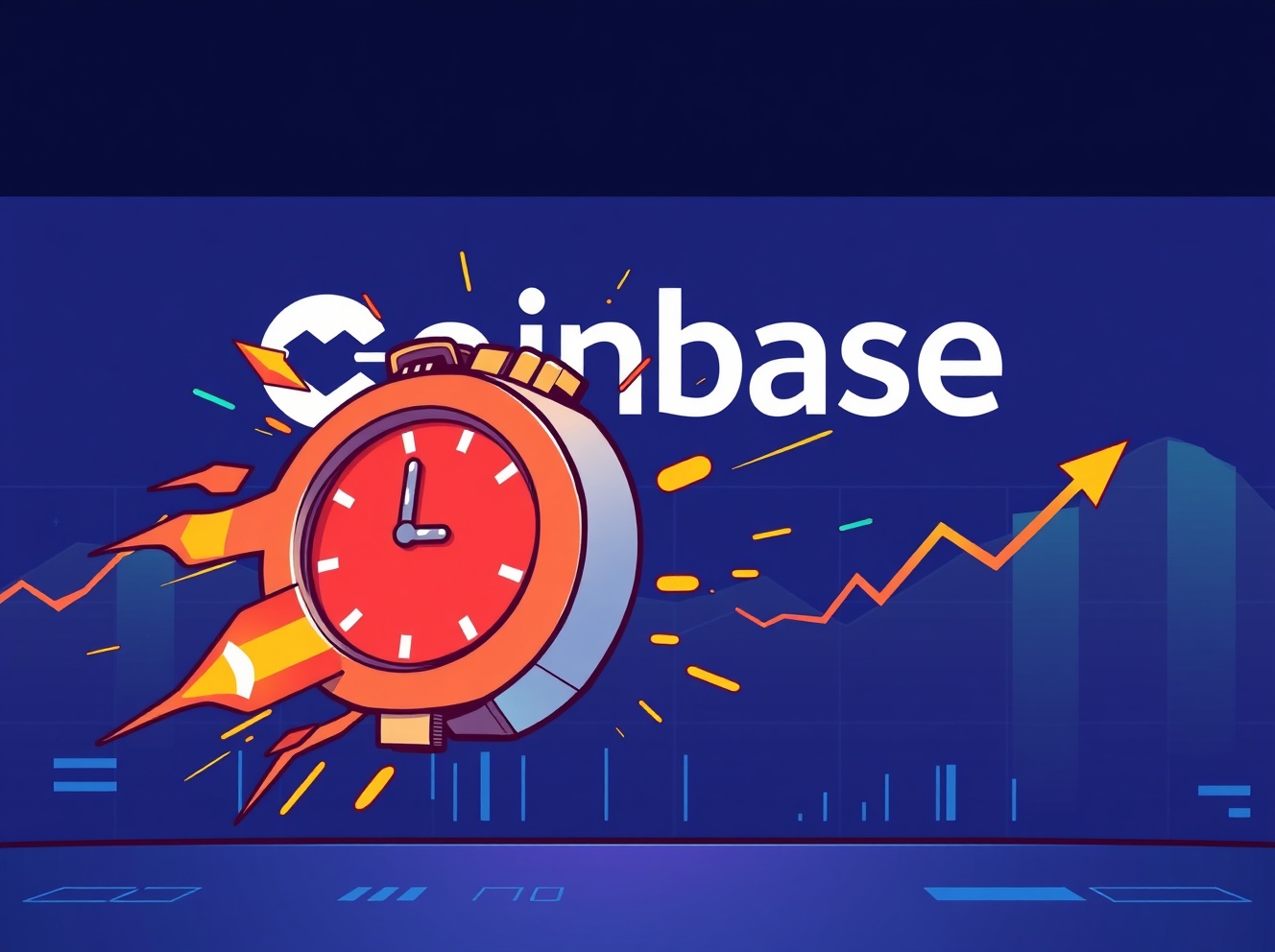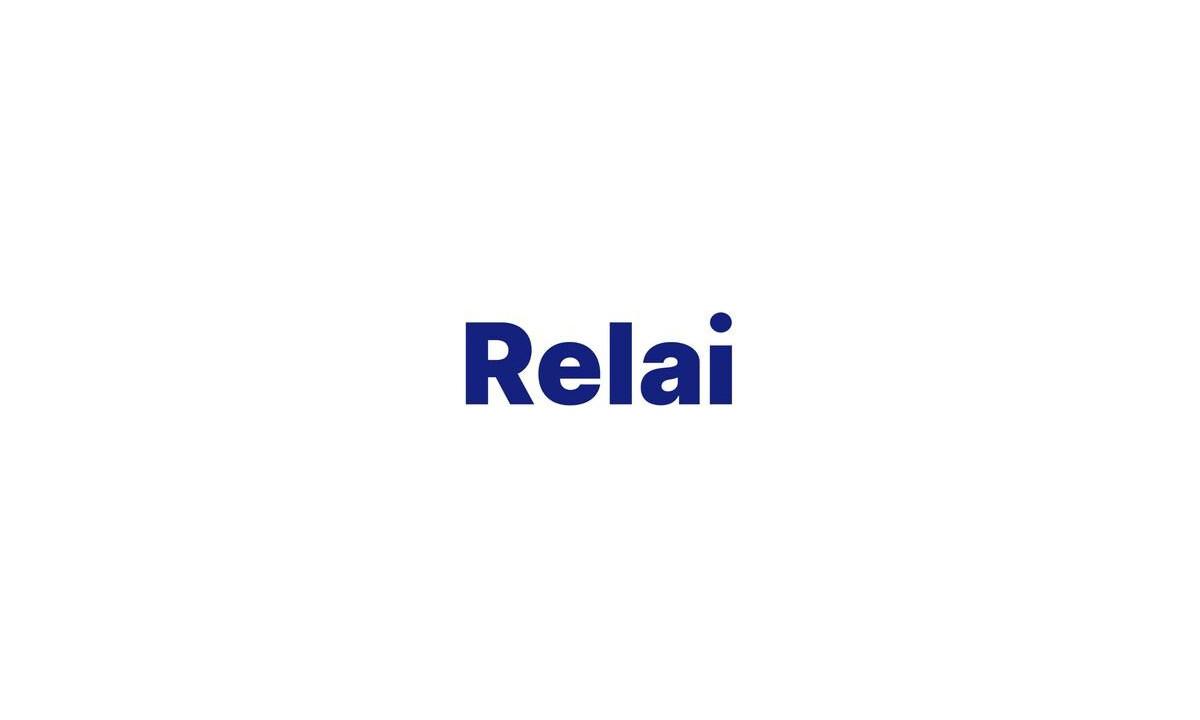
ZCash has surged beyond $370 after a prolonged quiet period, catching the attention of investors and crypto enthusiasts alike. With the next halving event approaching in 2026, speculation is rife about whether ZEC can regain its debut price. This article will explore the potential trajectories of ZCash and other promising coins poised for growth. Zcash Rises: Eyeing Further Gains with High Momentum Source: tradingview Zcash (ZEC) is currently priced between two-hundred-fifty and almost four-hundred dollars, showcasing a remarkable climb recently. This cryptocurrency has surged by over 530% in the last month alone, hinting at strong growth potential. With the nearest resistance pegged at about four-hundred-thirty-seven dollars, Zcash is within striking distance of a further rise. If this rally continues, it could test the higher resistance level near five-hundred-seventy dollars, reflecting a substantial boost. The next feasible breakthrough might signify an additional increase of around thirty percent. Traders are bullish, encouraged by strong momentum indicators like the Relative Strength Index sitting comfortably mid-range, offering space for upward movement. Conclusion ZEC has shown significant progress by rising above $370. This uptick sparks questions about its potential to reach its original listing price before the 2026 halving. The strong rally comes after a prolonged period of quiet performance. Continuing this momentum will be crucial for ZEC`s future. The market dynamics leading up to the halving will play a key role. As ZCash gains more attention, its next steps could be pivotal. Maintaining this growth trend will be essential to solidifying its standing. Disclaimer: This article is provided for informational purposes only. It is not offered or intended to be used as legal, tax, investment, financial, or other advice.
Bitzo
You can visit the page to read the article.
Source: Bitzo
Disclaimer: The opinion expressed here is not investment advice – it is provided for informational purposes only. It does not necessarily reflect the opinion of BitMaden. Every investment and all trading involves risk, so you should always perform your own research prior to making decisions. We do not recommend investing money you cannot afford to lose.
Alarming Data: Over a Million Talk to ChatGPT Mental Health About Suicide Weekly

BitcoinWorld Alarming Data: Over a Million Talk to ChatGPT Mental Health About Suicide Weekly The rapid advancement of artificial intelligence, particularly large language models like ChatGPT, has opened up new frontiers in technology. For those immersed in the cryptocurrency space, understanding the broader implications of AI is crucial, as it intersects with everything from trading algorithms to decentralized applications. However, a recent revelation from OpenAI casts a serious shadow on this progress, highlighting an alarming intersection of AI and human vulnerability: over a million people are reportedly engaging with ChatGPT mental health discussions about suicide every week. Understanding the Scope: The Alarming ChatGPT Mental Health Crisis OpenAI, the creator of the widely popular ChatGPT, recently disclosed startling data that brings the mental health challenges faced by its users into sharp focus. The company reported that approximately 0.15% of ChatGPT’s active users in a given week engage in conversations containing “explicit indicators of potential suicidal planning or intent.” With ChatGPT boasting more than 800 million weekly active users, this percentage translates to a staggering figure: over a million individuals weekly are confiding their deepest struggles, including suicidal thoughts, to an AI chatbot. The scope of mental health issues extends beyond suicidal ideation. OpenAI’s data also indicates a similar percentage of users exhibiting “heightened levels of emotional attachment to ChatGPT.” Furthermore, hundreds of thousands of people are showing signs of psychosis or mania in their weekly interactions with the AI. While OpenAI categorizes these types of conversations as “extremely rare,” their sheer volume underscores a widespread and critical issue that demands immediate attention from both developers and the broader public. OpenAI’s Response: GPT-5 Improvements and Enhanced AI Chatbot Safety In response to these pressing concerns, OpenAI has announced significant efforts to enhance how its models address users grappling with mental health issues. The company claims its latest work on ChatGPT involved extensive consultation with over 170 mental health experts. These clinicians reportedly observed that the updated version of ChatGPT, specifically GPT-5, “responds more appropriately and consistently than earlier versions.” Key improvements highlighted by OpenAI include: Improved Response Quality: The recently updated GPT-5 model delivers “desirable responses” to mental health inquiries roughly 65% more often than its predecessor. Enhanced Compliance for Suicidal Conversations: In evaluations testing AI responses to suicidal discussions, the new GPT-5 model achieved 91% compliance with OpenAI’s desired behaviors, a notable increase from the previous GPT-5 model’s 77%. Robustness in Long Conversations: OpenAI’s latest version of GPT-5 also demonstrates better adherence to safeguards during extended interactions, addressing a previous concern where safeguards were less effective in prolonged conversations. Beyond these technical upgrades, OpenAI is also implementing new evaluation methods to measure serious mental health challenges. Their baseline safety testing for AI models will now incorporate benchmarks for emotional reliance and non-suicidal mental health emergencies. Additionally, new controls for parents of child users are being rolled out, including an age prediction system designed to automatically detect children and apply stricter safeguards, aiming to improve overall AI chatbot safety . Navigating the Peril: OpenAI Suicide Concerns and Legal Challenges The gravity of the situation is further amplified by real-world incidents and legal challenges. OpenAI is currently facing a lawsuit from the parents of a 16-year-old boy who, tragically, confided his suicidal thoughts to ChatGPT in the weeks leading up to his suicide. This case underscores the profound and potentially devastating impact of unchecked AI interactions. Furthermore, state attorneys general from California and Delaware have issued warnings to OpenAI, emphasizing the company’s responsibility to protect young users of its products. These warnings come at a critical time, as they could potentially impact OpenAI’s planned restructuring. Amidst these developments, OpenAI CEO Sam Altman had previously claimed on X that the company had “been able to mitigate the serious mental health issues” in ChatGPT. The data released on Monday appears to be presented as evidence supporting this claim. However, a contradictory move by Altman, announcing that OpenAI would be relaxing some restrictions and even allowing adult users to engage in erotic conversations with the AI chatbot, raises questions about the company’s holistic approach to user well-being and the broader implications of OpenAI suicide prevention efforts. The Future of AI Mental Support: A Balancing Act While the reported GPT-5 improvements indicate a positive trajectory for AI safety, the path forward remains complex. OpenAI acknowledges that a “slice of ChatGPT’s responses” are still deemed “undesirable.” Moreover, the company continues to make its older, and by its own admission, less-safe AI models, such as GPT-4o, available to millions of its paying users. This raises concerns about the consistency of safety measures across its product offerings. The discussion around AI and mental health highlights a critical ethical dilemma: how can AI be developed to offer genuine AI mental support without inadvertently creating new risks? The potential for AI to provide accessible, immediate support is immense, especially in areas where human mental health resources are scarce. However, the data reveals a dark side, where users can become overly reliant or even led astray by AI’s responses. Conclusion: A Call for Vigilance in AI Development OpenAI’s recent data release serves as a stark reminder of the profound impact AI chatbots can have on human well-being. While the company’s efforts to improve its models, particularly GPT-5, are commendable, the sheer volume of users discussing severe mental health issues, including suicide, with ChatGPT necessitates continuous vigilance and transparent development. As AI becomes increasingly integrated into our daily lives, ensuring its responsible and ethical deployment, especially in sensitive areas like mental health, is not just a technical challenge but a societal imperative. The future of AI hinges on balancing innovation with unwavering commitment to user safety and ethical considerations. FAQs What is OpenAI’s latest data on ChatGPT and mental health? OpenAI reported that over a million of ChatGPT’s weekly active users discuss potential suicidal planning or intent, and hundreds of thousands show signs of emotional attachment, psychosis, or mania. How is OpenAI addressing these mental health concerns? OpenAI has consulted with over 170 mental health experts and implemented significant ChatGPT updates, particularly with GPT-5 , to improve response appropriateness and consistency. They are also adding new safety evaluations and parental controls. What are the improvements in GPT-5 regarding mental health responses? GPT-5 offers 65% more desirable responses and 91% compliance in suicidal conversation evaluations compared to previous versions. It also maintains safeguards better in long conversations. Are there any legal challenges related to ChatGPT ‘s mental health impact? Yes, OpenAI is being sued by the parents of a 16-year-old boy who confided suicidal thoughts to ChatGPT before his suicide. State attorneys general have also issued warnings. Who are some notable entities involved in the broader AI ecosystem mentioned in the context of events? Prominent entities include Google Cloud , Netflix , Microsoft , Box , a16z (Andreessen Horowitz), ElevenLabs , Wayve , Hugging Face , Elad Gil , and Vinod Khosla . To learn more about the latest AI chatbot safety trends, explore our article on key developments shaping AI models’ features. This post Alarming Data: Over a Million Talk to ChatGPT Mental Health About Suicide Weekly first appeared on BitcoinWorld . Bitzo

Robinhood Shares Rise as Analysts Highlight Potential from Bitcoin Bets and Crypto Fees
Robinhood stock rose 5% after Compass Point analysts increased their price target to $161 from $105, driven by surging crypto trading fees, robust equity volumes, and unexpected revenue from prediction Bitzo











